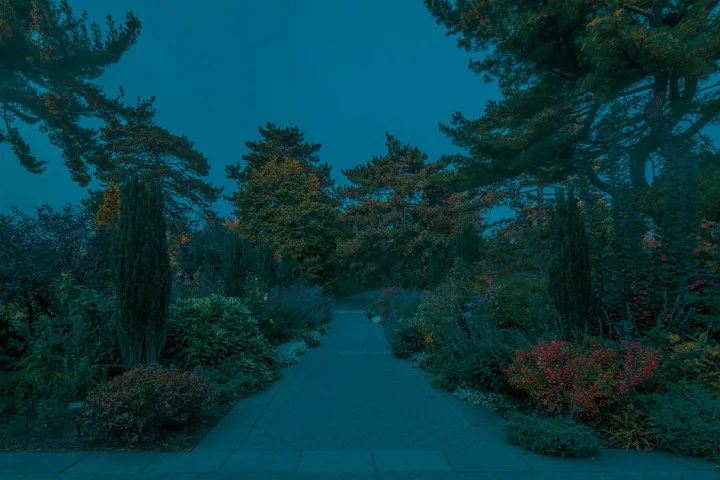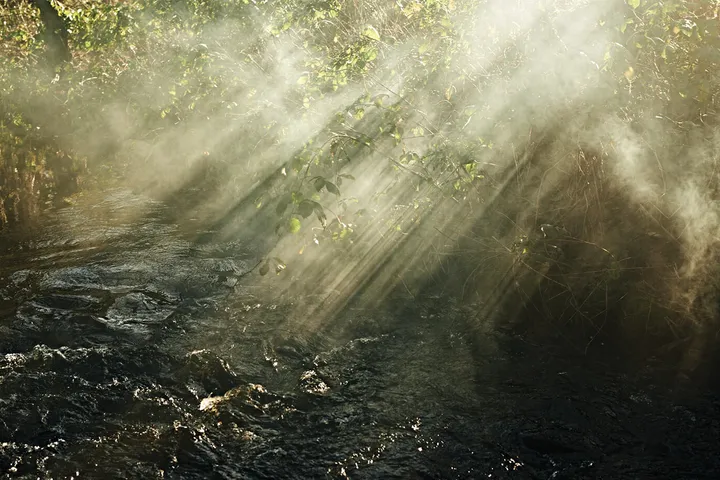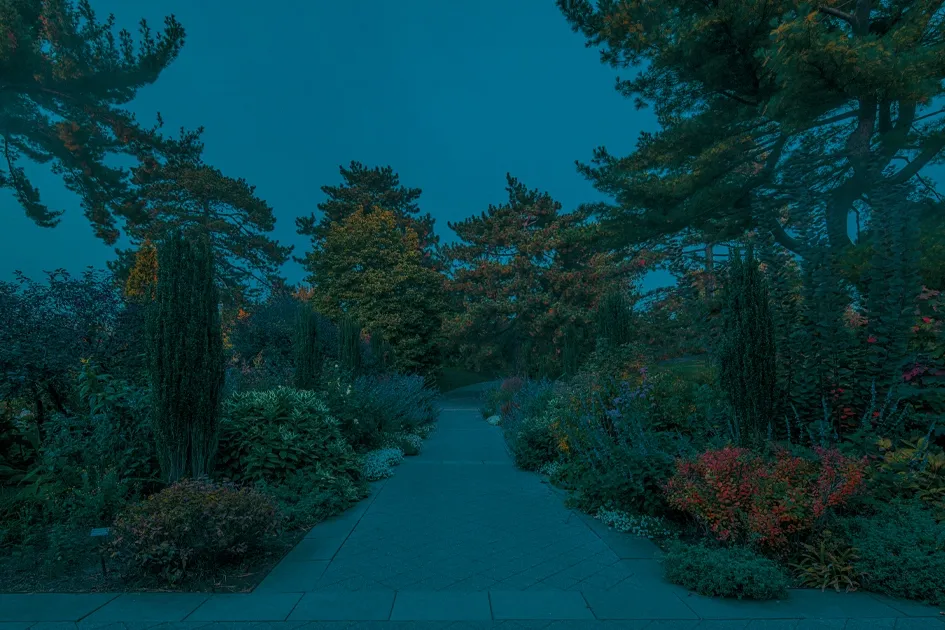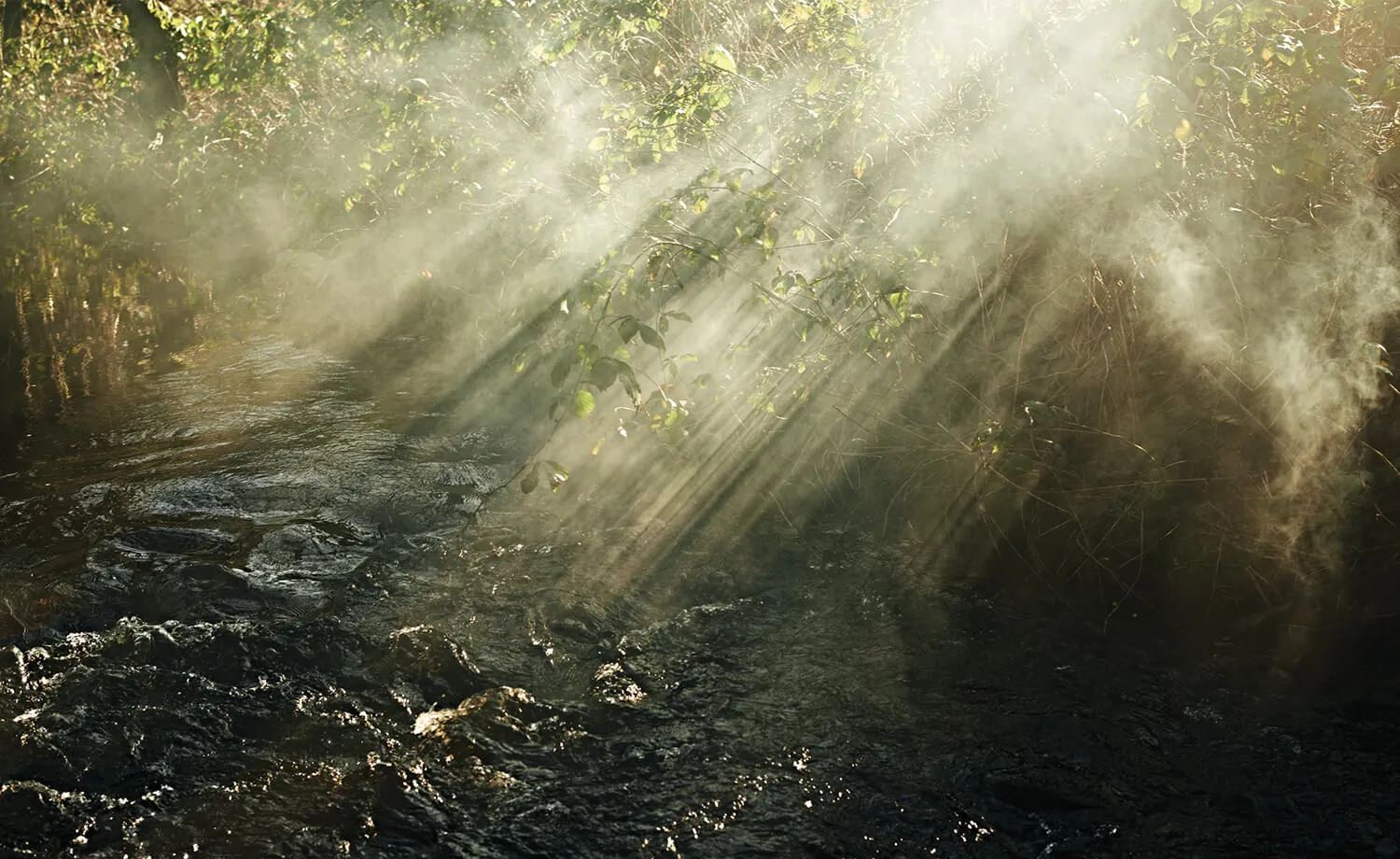
Photograph by Charles F. Stanley
There are few trees as iconic as the baobab, which is found across Sub-Saharan Africa and the southern Arabian Peninsula. It is often referred to as the “Tree of Life” because it sustains an entire ecosystem around itself. The baobab keeps soil moist and prevents erosion. It also provides food and water for many animals ranging from insects to elephants, and humans also utilize the tree in a host of ways. For example, its leaves and fruit are edible, and baobab bark can be used to make rope, baskets, cloth, and paper. The pollen can even be transformed into glue.
The baobab can grow to be at least 100 feet tall with a girth to match and can live up to 3,000 years. Based on size, it’s obvious that this stunning specimen has seen a great deal in its time on earth—both the bitter and the better. For every changing season, bird migration, and era of peace, it has also witnessed countless human conflicts, the horrors of chattel slavery, and the brutality of colonization.
In the United States, we tend to ignore (or demolish) the past, making way for something new and—in our minds at least—improved. But trees like this baobab stand in direct opposition to our inclination toward short-sightedness. They remind us that this beautiful world we enjoy was here long before we were born and that it will continue, Lord willing, long after we’re gone.
Moses grasped this truth better than most, and his hymn of praise gives us language for considering our own impermanence and God’s eternality. In Psalm 90, he writes, “Lord, You have been our dwelling place in all generations. Before the mountains were born or You gave birth to the earth and the world, even from everlasting to everlasting, You are God. You turn mortals back into dust and say, ‘Return, you sons of mankind.’ For a thousand years in Your sight are like yesterday when it passes by, or like a watch in the night” (Ps. 90:1-4).
The vast expanse of sea, so deep we have yet to fully explore it; the mountains like proud fingers pointing to an infinite sky filled with stars beyond our capacity to number—these are creations of our heavenly Father, mere fractions of His power and glory. But even they, so much older and more lasting than we, will end. Water dries up, mountains succumb to erosion, and even stars wink out of existence. Only God—who created endless universes with a thought—is everlasting. Only God—who created time and dwells beyond it—will endure. Only God.
This should not cause outrage in our hearts, but gratitude. In his book Four Thousand Weeks: Time Management for Mortals, author and journalist Oliver Burkeman writes, “Why assume that an infinite supply of time is the default, and mortality the outrageous violation? … Surely only somebody who’d failed to notice how remarkable it is that anything is, in the first place, would take their own being as such a given … [M]aybe it’s almost incomprehensibly miraculous to have been granted any time at all.”
God has lovingly left us creations like the baobab for a reason. They remind us that understanding isn’t gained by fighting time or ignoring the fact that our lives are both terribly and wondrously brief. It comes when we acknowledge and accept our finitude, our God-given limitation of days. When we grasp how few we actually possess, it becomes easier to appreciate their preciousness, treat them with reverence, and spend them judiciously with an eye to what matters most.





